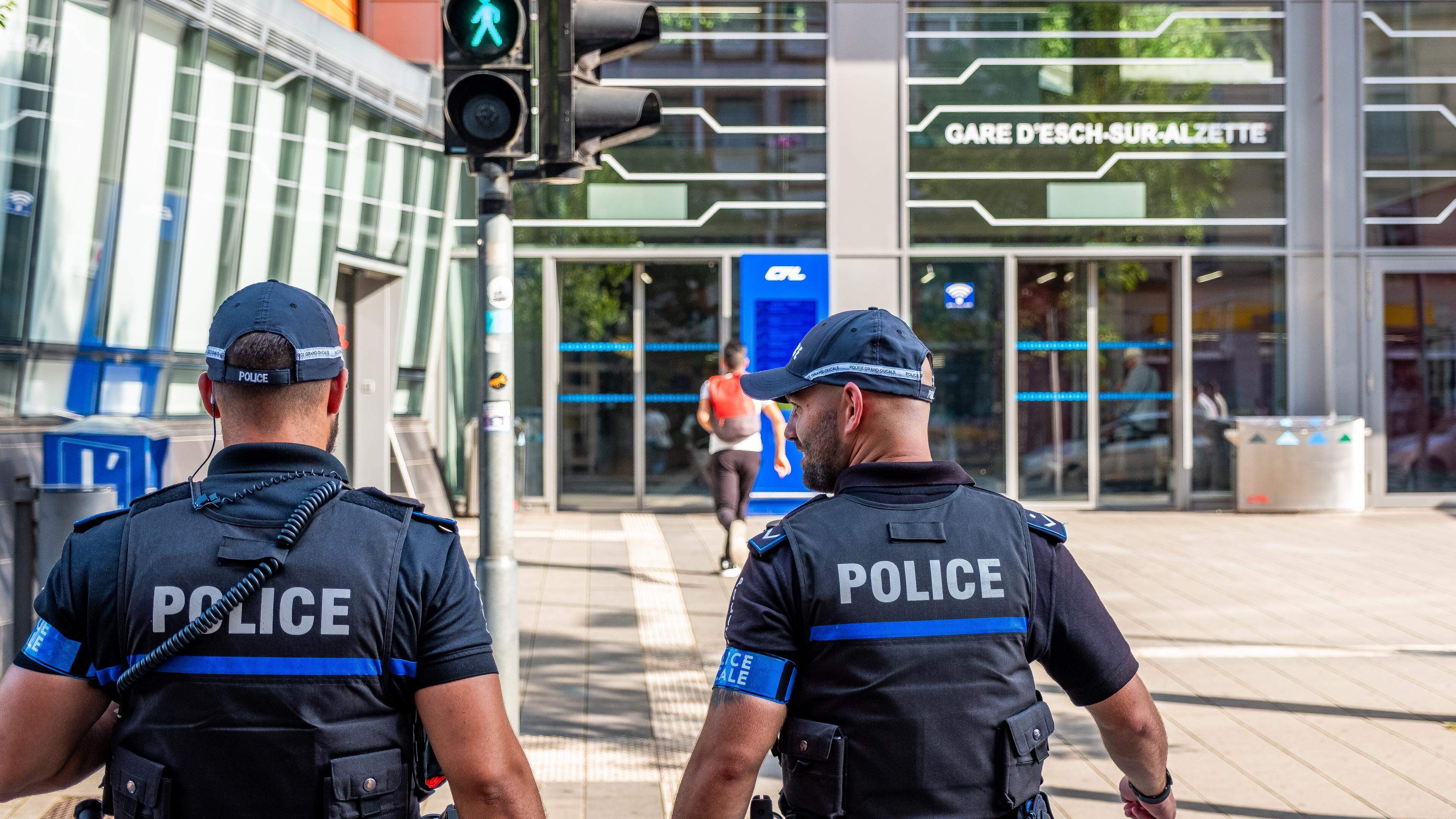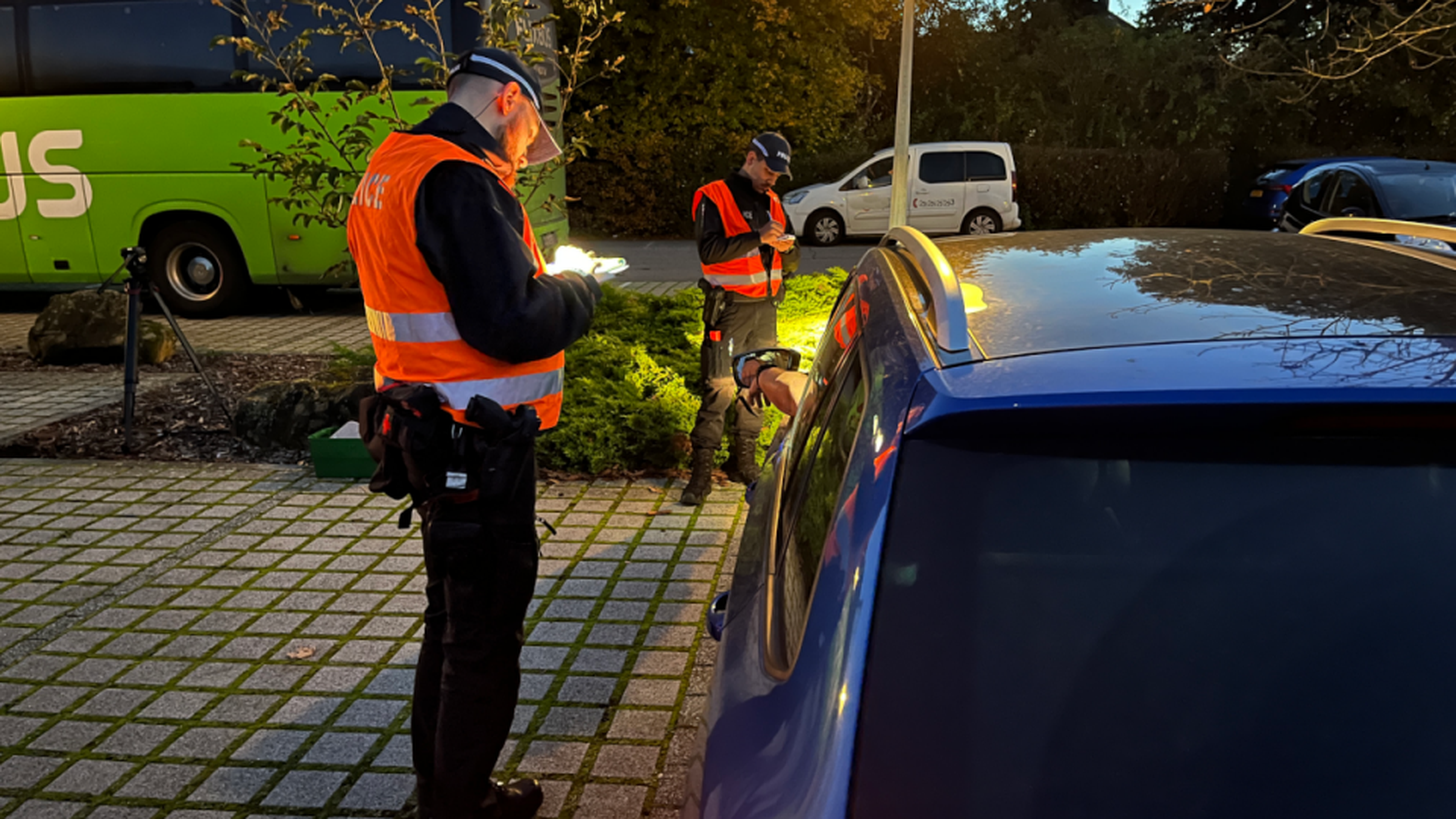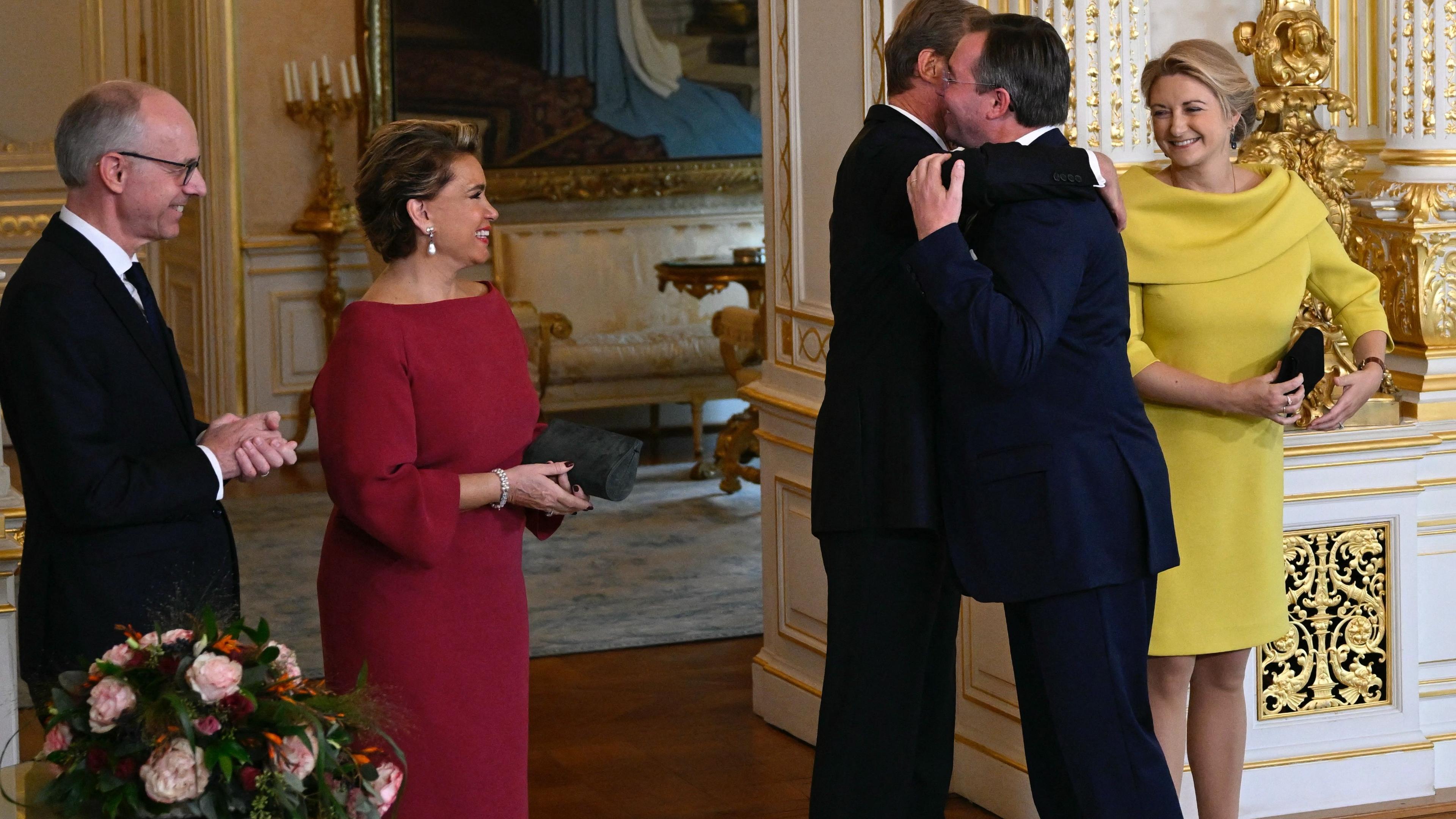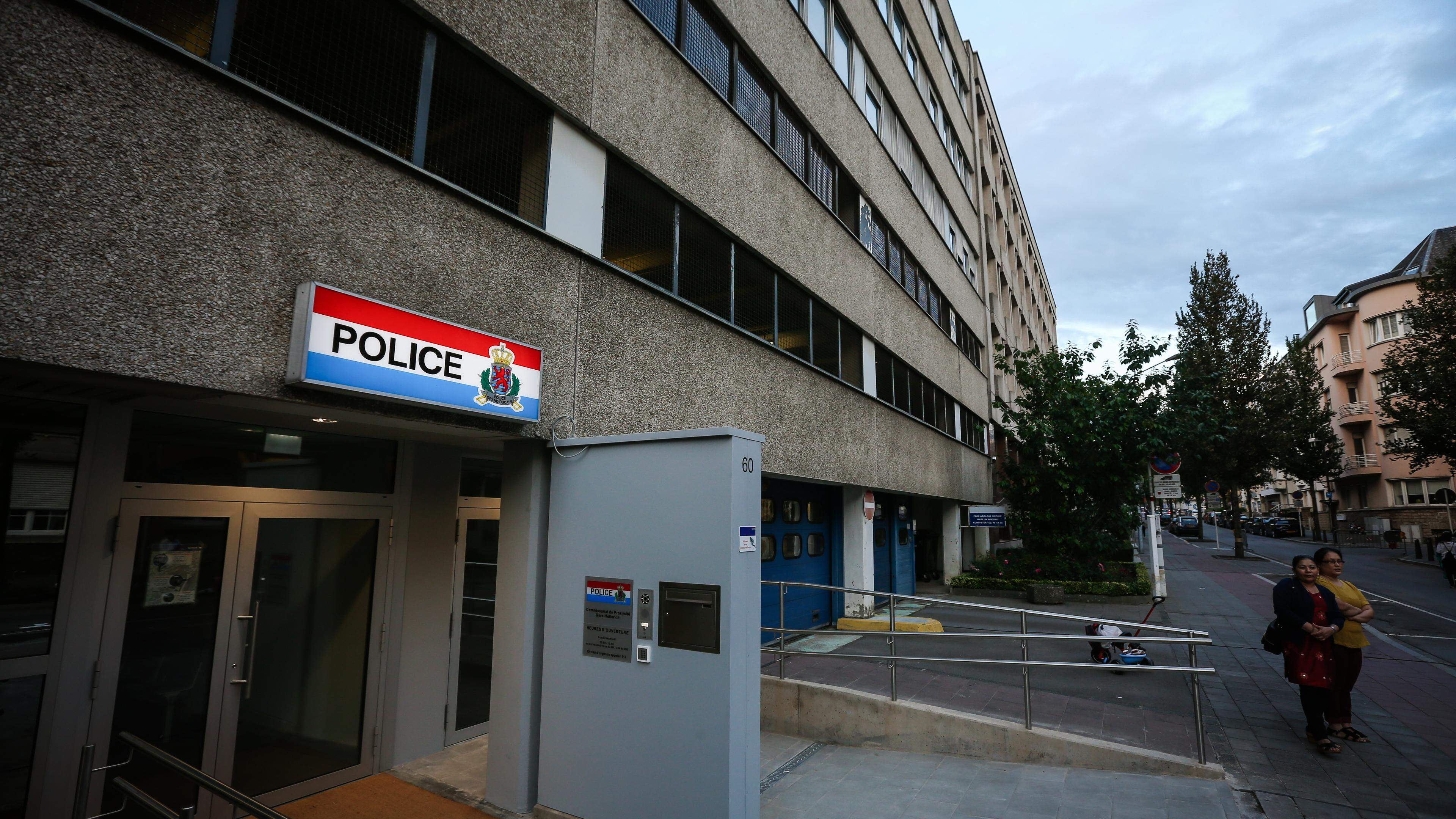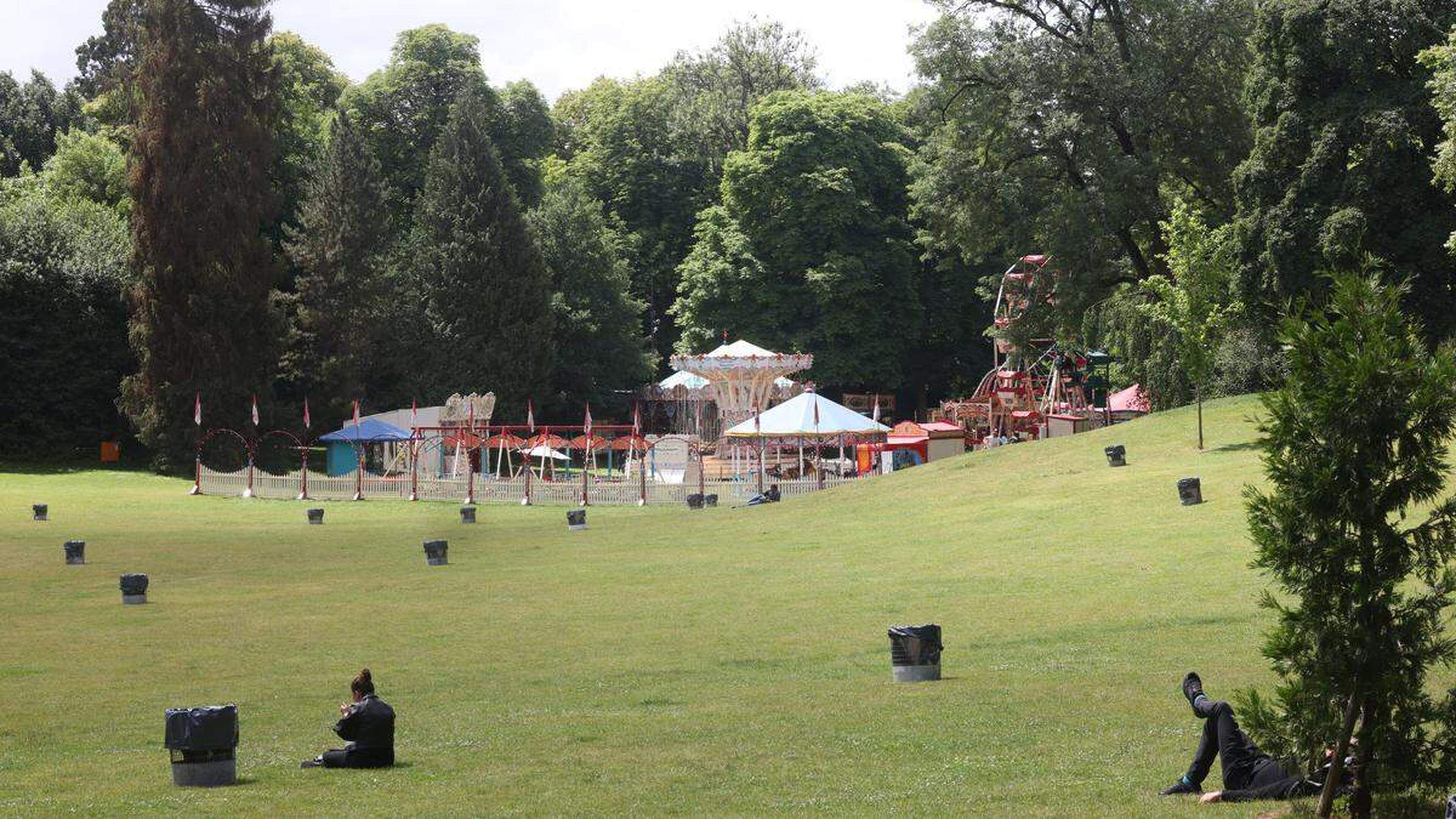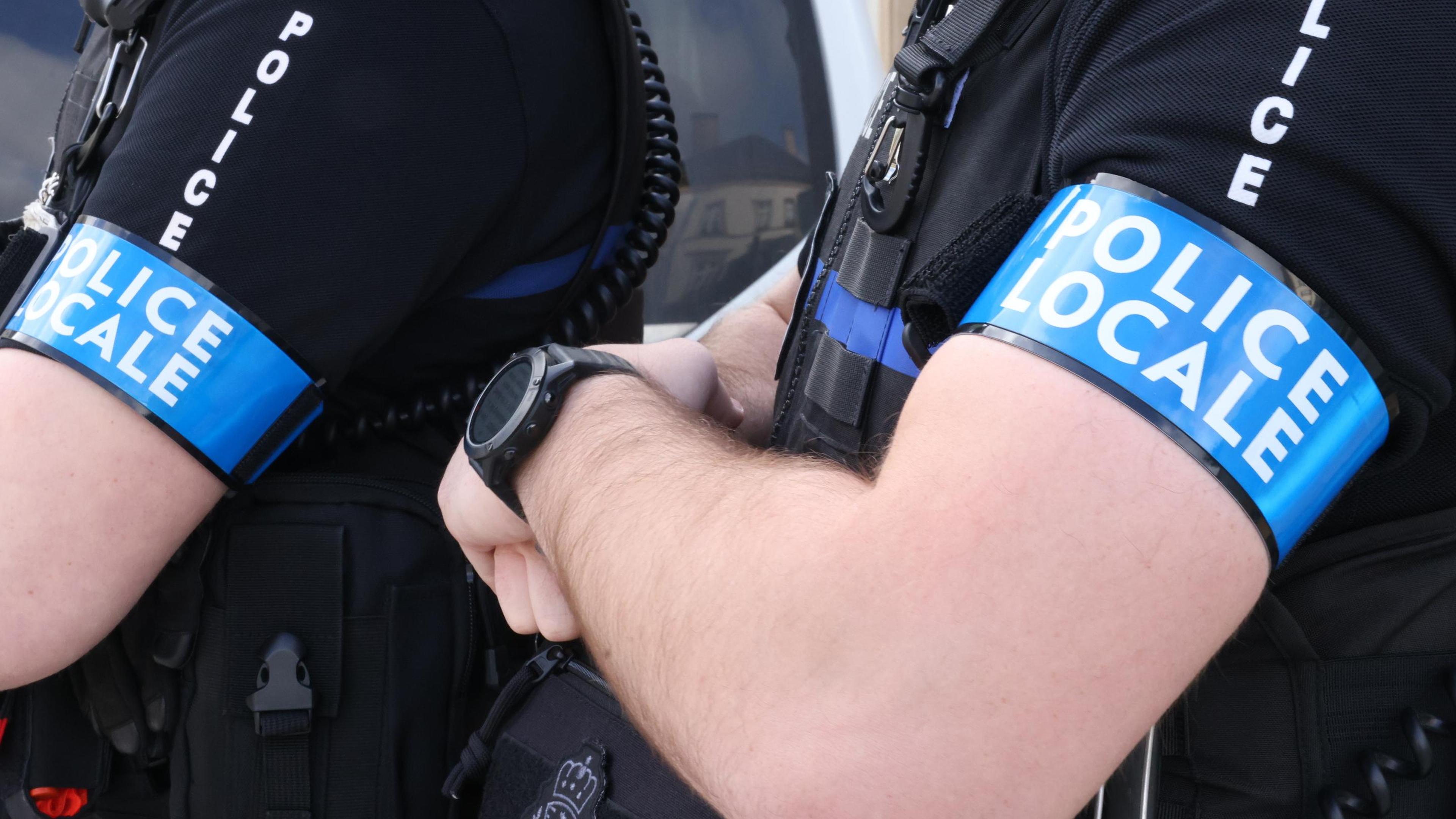Begging in Luxembourg City is set to be outlawed after new Interior Minister Léon Gloden overturned his predecessor’s decision to strike down a begging ban in the capital, Mayor Lydie Polfer said on Monday.
Gloden gave his approval, which is mandatory, to the controversial measure, Polfer said during a council meeting. The new policy, which is a police regulation, will be published on Tuesday and take effect three days later.
Former Interior Minister Taina Bofferding had refused to approve measures passed by the Luxembourg City council in March that would have banned all forms of begging in select shopping streets and parks in the capital between 7.00 and 22.00. Her decision meant the national police could not enforce the ban.
The begging ban was met with fierce opposition from human rights groups, but also from local and national politicians who said it was against national and international law and could harm the wrong people, an opinion Bofferding shared when she refused to sign off on it.
The country’s penal code already outlaws aggressive begging, such as at people’s homes, and organised begging, Bofferding said in May, adding that “a council cannot go beyond of what the legislator approved”.
Clamping down on begging is aimed at improving security for local residents and businesspeople, Polfer has repeatedly said. Voters rewarded Polfer’s law and order policies with another term at the helm of the country’s largest city in June.
Luxembourg City in November also announced that it would deploy private security agents in the city’s main public parks amid concerns over crimes and anti-social behaviour.
The use of private security guards to patrol public spaces caused a rift between Polfer and then police minister Henri Kox. During the local elections in June, Polfer’s DP and the CSV were calling for a municipal force under the authority of the Luxembourg City Mayor, which Kox shot down.
The new CSV-DP government at the national level foresees plans for such local police units. Officers are also set to gain additional powers to clear public spaces of loiterers.
The new government also wants to quickly introduce bodycams for police officers, review the use of CCTV and assess whether officers should be given tasers as part of their equipment.

